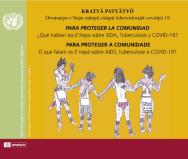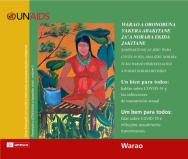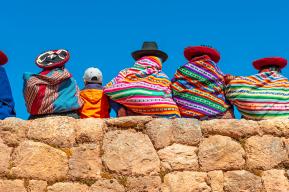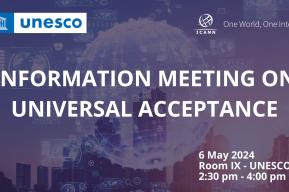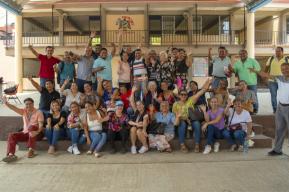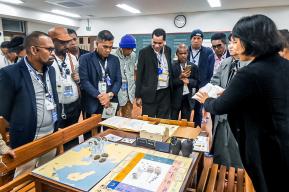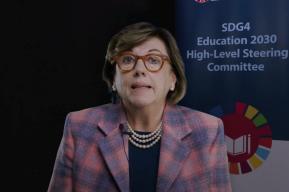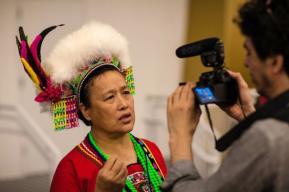News
UNESCO in Brazil and UNAIDS launch booklets on STI prevention for the Warao and Eñepá Indigenous peoples
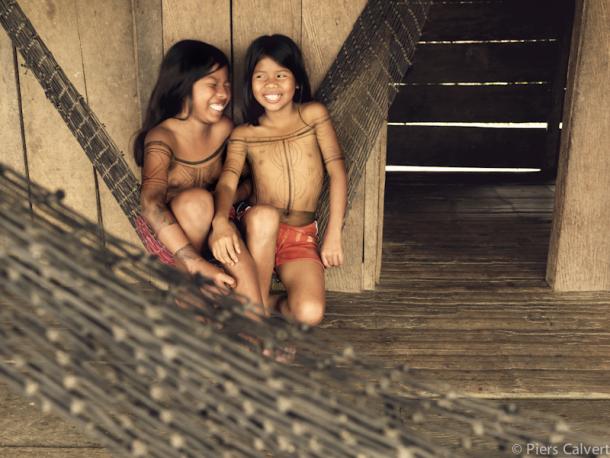
On the International Day of the World's Indigenous Peoples, UNESCO in Brazil and UNAIDS are launching two booklets, for the Warao and Eñepá Indigenous peoples, on preventing COVID-19 and sexually transmitted infections (STIs). The booklets "Kratyä Patyätyö" (To protect the community), in e'ñapa woromaipu, Portuguese and Spanish, and "Warao a Obonobuna Yakera Abakitane ja' a Nobara Ekida Jakitane" (A Good for All), in Warao, Portuguese and Spanish, seek at promoting health education and well-being for Indigenous populations in the prevention of STI/HIV/AIDS and viral hepatitis.
UNESCO works to raise global awareness of the contributions made by indigenous peoples to building peace and developing sustainable and resilient societies.
Prepared by UNESCO and UNAIDS, the booklets are part of the series "Education in Health and Well-being for Indigenous Populations," a multilingual and intercultural teaching material, to support education and health professionals in preventive actions against COVID-19 and sexually transmitted infections, in indigenous schools and in the community contexts where they are located.
The booklet "Kratyä Patyätyö" was prepared with the migrant and refugee community residing in Boa Vista (RR), with the participation of young men and women, who brought local concepts about health and illness. The publication presents and explains who the E'ñepa are and tells about the arrival of diseases in the community and traditional medicine practices. It also addresses non-indigenous knowledge about AIDS, tuberculosis, and COVID-19, as well as prevention and care practices.
The intercultural dialogue between knowledge and practices of traditional medicine and non-indigenous knowledge about health becomes a means better to integrate health care in the traditional e'ñepa context.
The 2018 UNESCO policy on engaging with Indigenous peoples guides the work of the Organization. It ensures that its policies, planning, programming, and implementation uphold the United Nations Declaration on the Rights of Indigenous Peoples. Indigenous cultures have a wealth of knowledge essential to achieving Sustainable Development Goals and preserving the world's environment and biodiversity.
UNESCO has been working to preserve the intangible heritage, involving the traditional knowledge of these peoples, and to raise awareness of its importance. The disappearance of indigenous languages, for example, is a significant threat to indigenous communities and their unique heritage, as well as to our global diversity and our potential for creativity and innovation. Therefore, the importance of producing this multilingual material also aligned to the International Decade Indigenous Language (IDIL).
